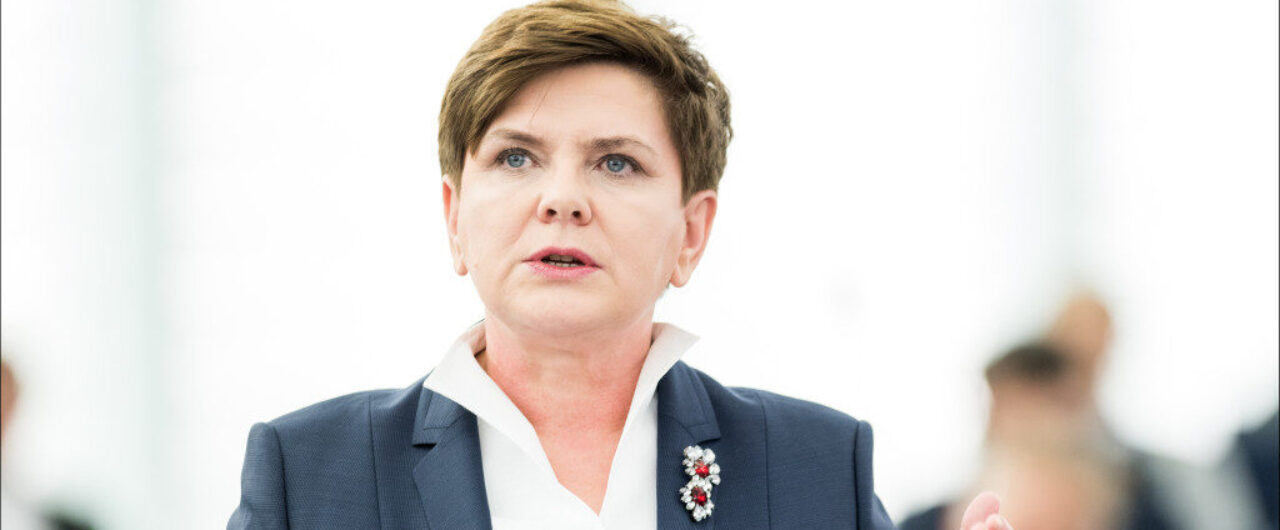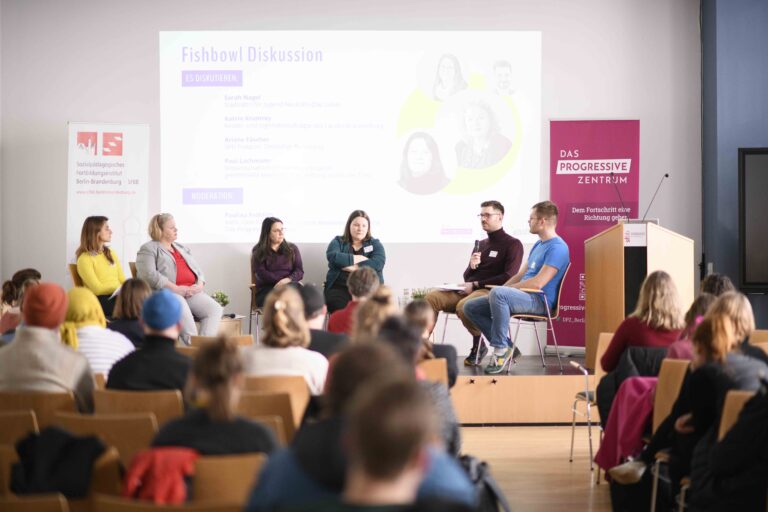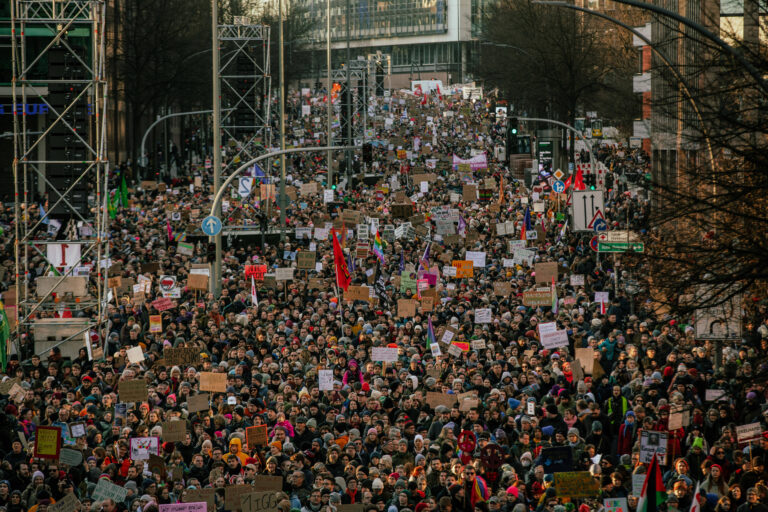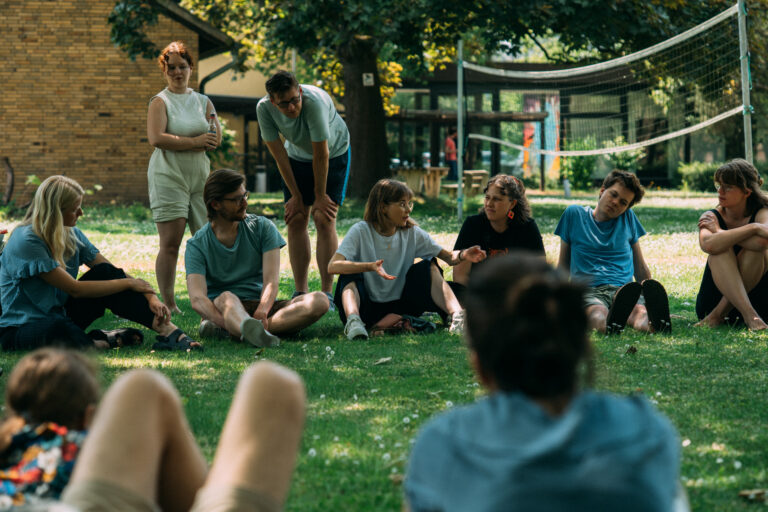In October 2015 the Civic Platform (PO) lost the parliamentary elections in Poland, after having been in power for 8 continuous years. The tables have turned, allowing the national-conservative Law and Justice party (PiS) to form a majority government. Ever since, the PiS – which has president Andrzej Duda already on their side – keeps on petrifying its power while promising „good change“. Change in personnel both in central institutions as well as at the regional and local level have so far reached 200 employees, which were replaced with trusted ones. Changes in personnel in the public media drew international attention as did the controversies over The Constitutional Tribunal reform. Other proceedings of the new government encompass merging the office of the general attorney with the Ministry of Justice or setting off a crusade against post-coital contraception and possibly also against abortion laws.
The country’s international policy has also been refocused. On the one hand, the new policy is distancing Poland from its western neighbour Germany and turning its back on the EU refugee quotas as well as discrediting US politicians as representatives of a democracy too young to comment on the recent developments in Poland. On the other hand, there are attempts to strengthen ties within Eastern (Central) Europe by alliances with the Hungarian PM Victor Orban or friendly visits to Belarus.
As for the electoral promises, the child benefit program should start in April, while the reducation of the retirement age has not been implemented yet. Instead, political intrigues are set up, like the mysterious discovery of files accusing Lech Wałęsa of being an informant under the communist regime or re-opening the investigation of the Smoleńsk air crush, which the current regime considers not an accident.
PiS loses in polls and is still the undeniable leader
So far, PiS is still an undeniable leader in the polls. However, its popularity has recently sunk from 40% to 30%. Current political issues seem to influence the polls significantly – The Constitutional Tribunal crisis and international turmoil around Poland have taken their toll, some citizens shifted to support the opposition. Inside the liberal camp, PO competes with Nowoczesna (the Modern Party). The liberals are in turn neck in neck with the right-wing populists of the Kukiz’15 movement. As for the left-wing alternative, the old social-democratic party (SLD) – who completely ruined its strong position within a decade – remains inactive, some of the recognized faces even left the party to form their own initiative, which is so far of no significance. The new left – Razem – has not yet stepped out. All in all, the progressive camp is fighting to survive as does the agrarian party (PSL).
Meanwhile, the Committee for the Defence of Democracy (KOD) keeps on protesting in the streets, following up on their first marches in December 2015. Other public actions launched by the new left-wing grass-root party Razem oppose the policies of the new government, i.e. by holding a week-long demonstration demanding publication of the latest decision of The Constitutional Tribunal. Those two movements, however, never join forces. Razem accuses KOD of party-politics and of being rather anti-PiS than pro-democratic. Razem blaims KOD for accepting PO politicians at their demonstrations – politicians who, when they were in power, arguably contributed to the massive frustration of many Poles. In response, KOD accuses Razem of defeatism, egoism, and the inability to cooperate.
Thus, the rule of the Law and Justice party seems relatively safe – both the parliamentary and non-parliamentary opposition are weak and fragmented. There is no political power that could pose even a shadow of threat to the absolute power of PiS: to prime minister Beata Szydło, to president Andrzej Duda – and to Jarosław Kaczyński, the party leader who pulls all the strings.





